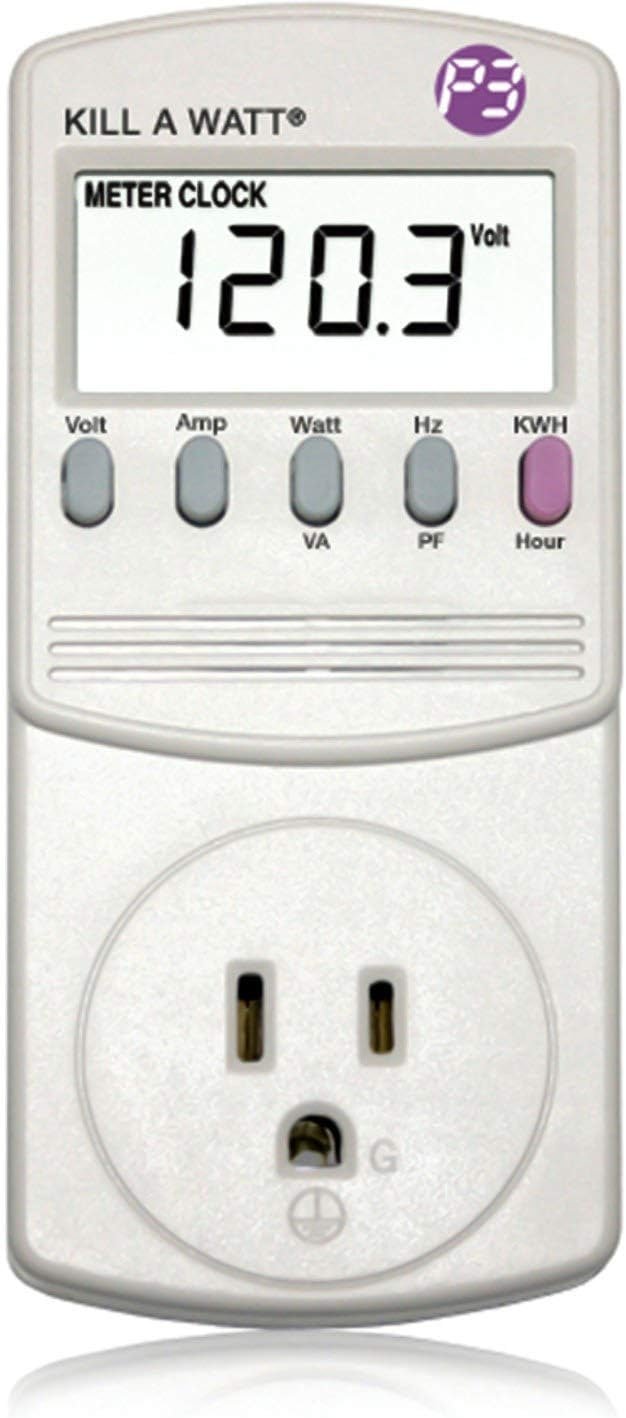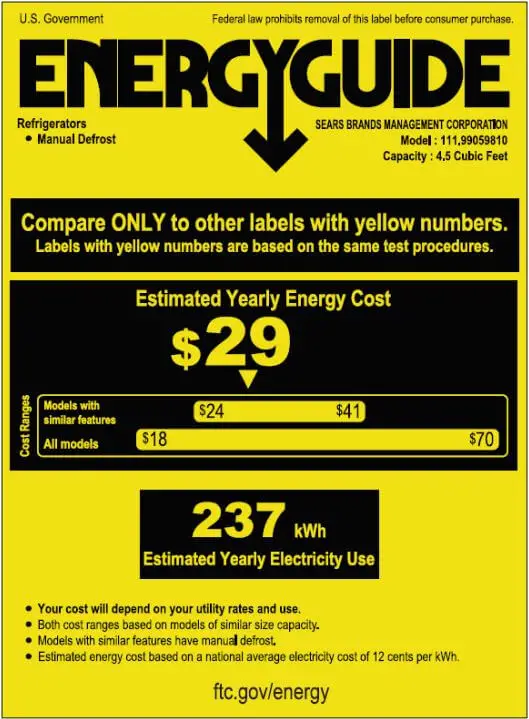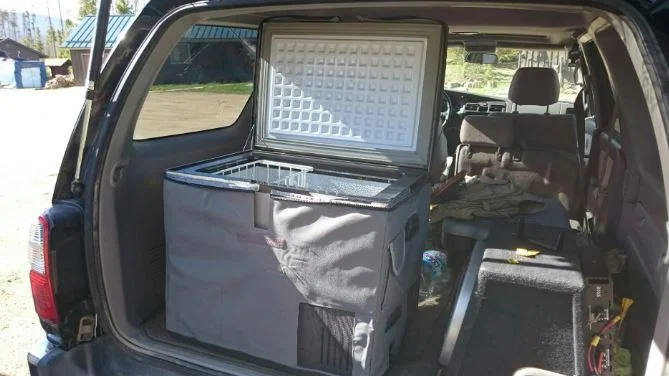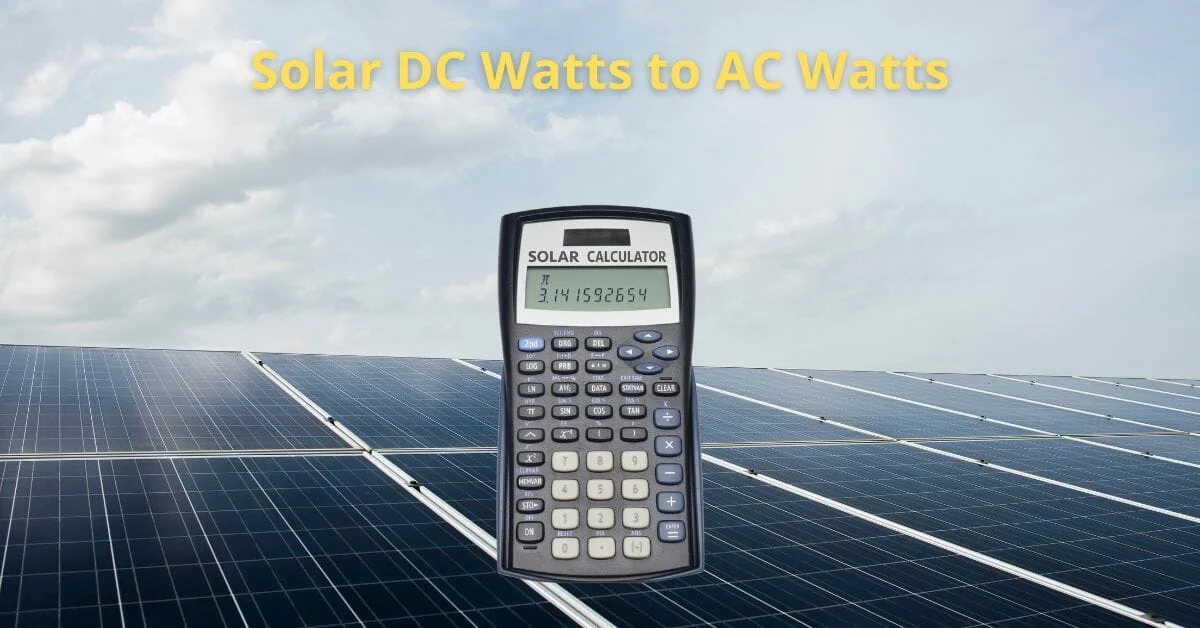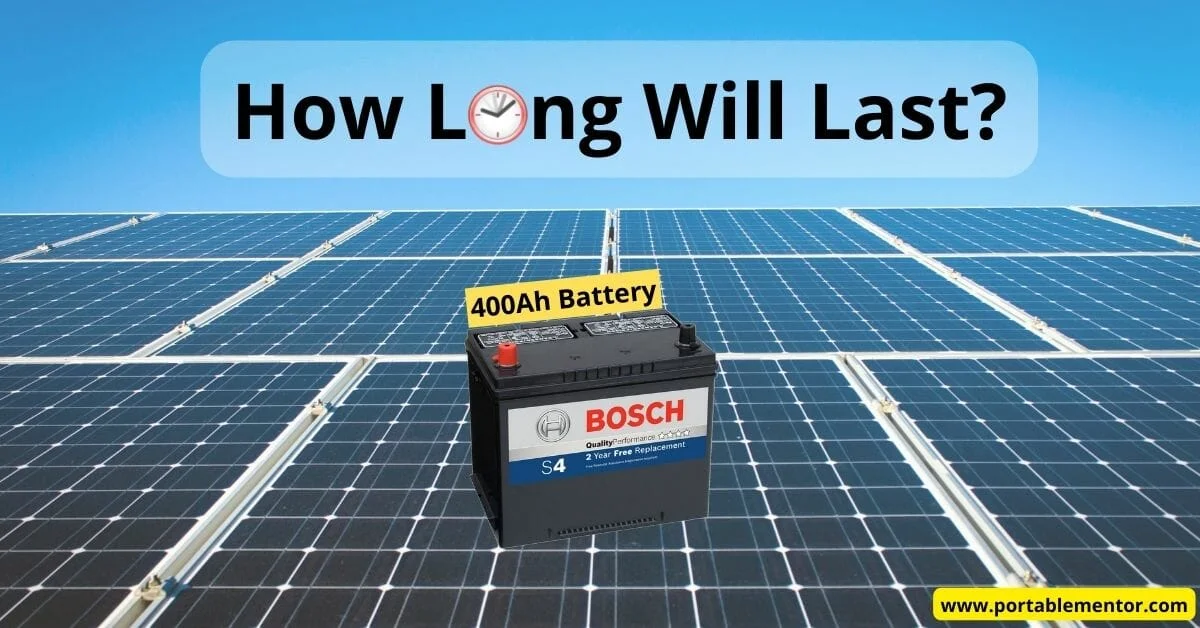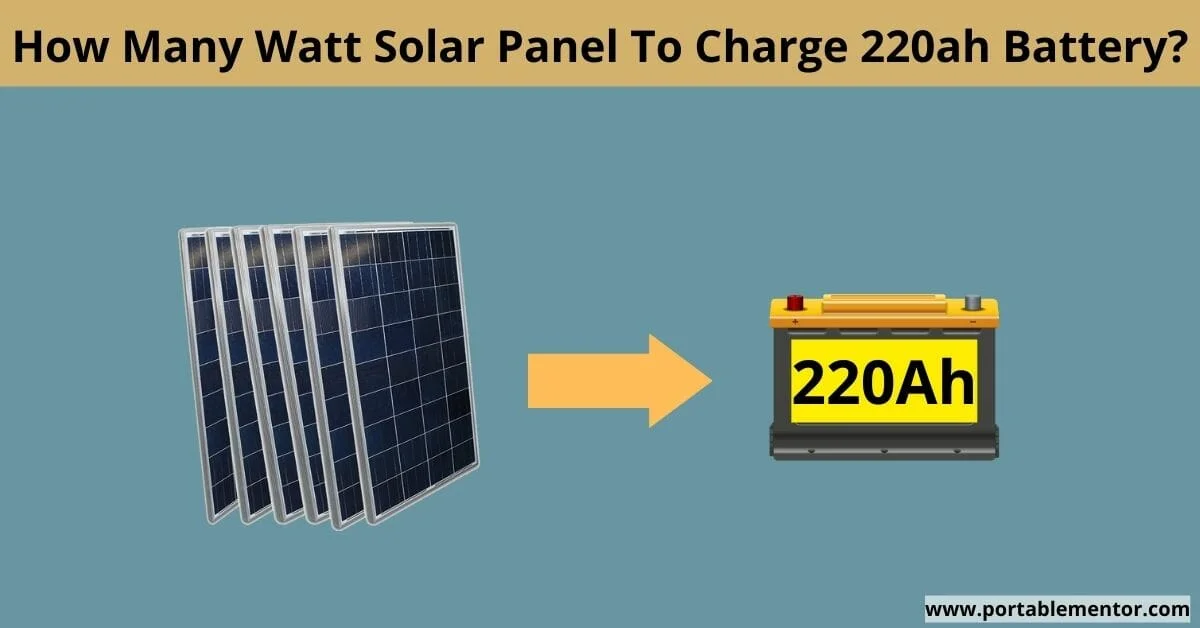In this article, i will answer the question: can a 300 watt solar panel run a refrigerator?
Also what factors to consider when running a fridge on a 300W solar panel and what size inverter and battery you need.
understanding 300 watt solar panel output
Before we delve into the question, let's first define what does a 300 watt solar panel mean.
A 300 watt rated solar panel means that it can produce 300 watts of power per hour under ideal conditions, which are: 1kW/m2 of sunlight intensity, 25oC temperature, and 1.5 air mass.
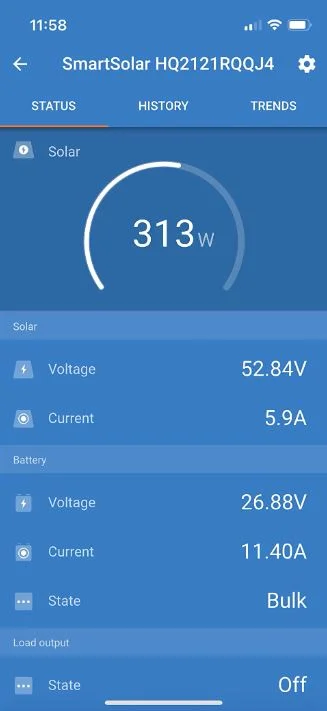
But in real-world conditions --- on average, it will produce between 210 to 270 watts per hour under direct sunlight and between 1 to 1.4 kilowatt-hours on a full sunny day.
Although, the total output of a solar panel is affected by several factors, including the amount of sunlight it receives per day, the temperature, and the angle at which it is mounted.
I have explained 300 watt solar panel output here in detail and shared a method to estimate its output based on your location. Alternatively, you can use our solar panel output calculator to determine the output.
Power consumption of a refrigerator
Secondly, before determining if a 300 watt solar panel can power your fridge, we need to understand how much power a refrigerator consumes.
The power consumption of a refrigerator can vary depending on its size, age, and energy efficiency rating.
On average, a standard sized refrigerator consumes between 100 to 250 watts when running. As you might know, refrigerators run on duty cycles, meaning they will automatically turn off after a few times and then start again.
A refrigerator typically runs on a 35% duty cycle (20 minutes in an hour), while a freezer runs on a 65% duty cycle (40 minutes in an hour). Multiplying the running watts by 35% will give you an estimate of the fridge's hourly power consumption.
Knowing that a refrigerator will consume between 0.84 to 2.1 kilowatt-hours (kWh) of energy over a 24-hour period. This energy consumption can increase if the refrigerator is old, poorly maintained, or has a low energy efficiency rating.
How to accurately calculate the power consumption of a fridge?
1. Use an electricity consumption meter: An electric usage monitor is a tool that measures and monitors the amount of electricity used by a specific appliance or device.
- Monitor your electrical usage by day, week, month, or year
- Large LCD display counts consumption by the kilowatt-hours
To track your fridge's electricity usage with an electricity usage monitor, simply plug the monitor into an outlet, and connect your device. The monitor will then measure your fridge's power consumption.
2. Look at the user manual:
Most new fridges come with an EnergyStar rating and an EnergyGuide label that tells you how much energy it will consume in a year.
For example, the Kenmore 99059 4.5 Cu. ft. mini-fridge uses around 237 kWh of electricity each year, or roughly 650 watts per day.
If you have an older fridge without an EnergyGuide label, you can find the power consumption information in the user manual as input watts.
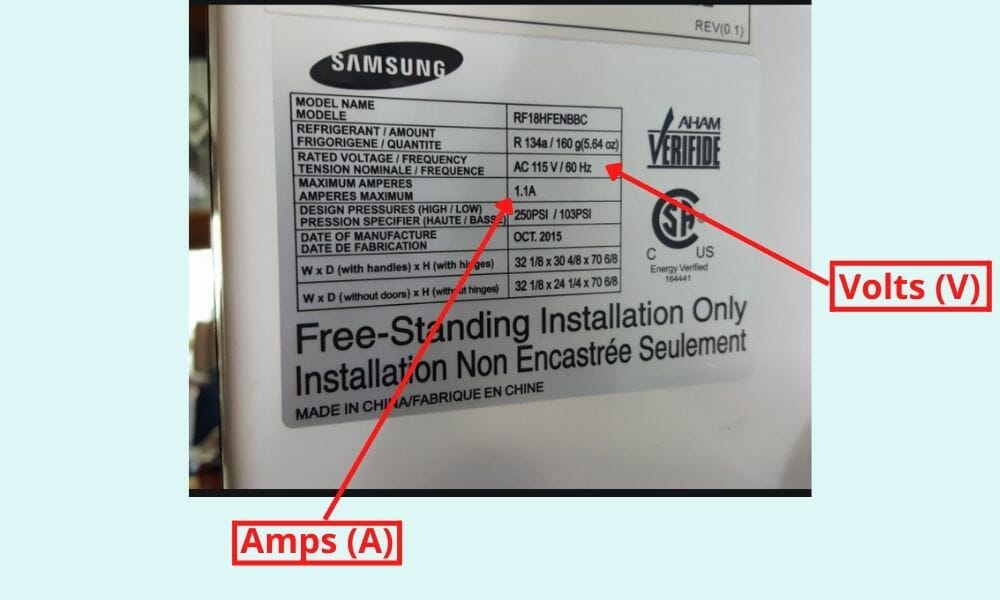
If it doesn't mention watts, look for amps and volts instead. Multiply the volts by amps to get the wattage, and then multiply the wattage by 8 hours (which is the typical running time) to get the daily power consumption.
Can a 300 Watt solar panel run a refrigerator?
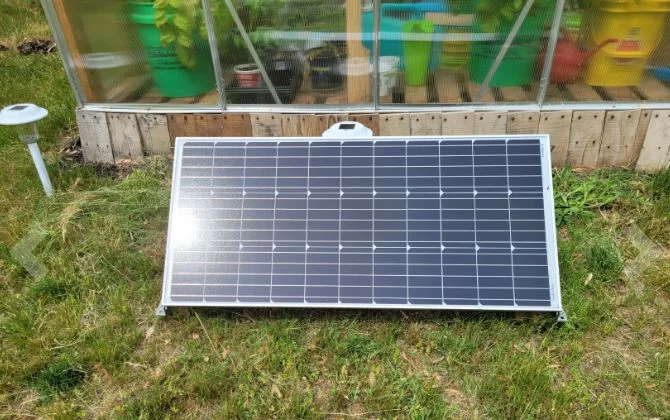
To determine if a 300 watt solar panel can run a refrigerator, we need to compare the power consumption of the refrigerator with the output of the solar panel.
Let's assume you have a standard sized refrigerator that consumes 50 watts per hour. Over a 24 hour period, the refrigerator would consume 1.2 kWh of energy.
A 300 watt solar panel, on the other hand, can produce between 210 to 270 watts per hour and between 1 to 1.4 kWh of energy in a day.
This means that a 300 watt solar panel can run a mini/medium size RV refrigerator, as it can produce enough energy to power the refrigerator for a 24-hour period.
However, there are several factors to consider when running a refrigerator with a 300 watt solar panel. These include the type of refrigerator, climate and weather conditions, ambient temperature, how often you open the fridge, battery type, and the battery backup system.
I recently tested my 12v 100ah lithium battery runtime on my fridge, click here to check out my result.
Factors to consider when running a refrigerator with a 300 Watt solar panel
- Refrigerator power consumption: Your fridge's power consumption depends on its size, type, efficiency, ambient temperature, and temperature setting.
- Climate and weather conditions: The climate and weather in your location are important factors in determining whether a 300-watt solar panel can power a refrigerator. Your solar panel's output may be affected if you live in an area with limited sunlight or harsh weather conditions, like snow or rain. You can install more solar panels or a backup battery system to compensate for reduced output.
- Ambient temperature: High ambient temperatures cause fridges to work harder and consume more power, as they need to maintain cooler temperatures for food storage.
- How often you open the fridge: Opening the fridge frequently increases the duty cycle and power consumption, as cold air spills out every time.
- Battery discharge efficiency: Lead-acid, AGM, and gel batteries are about 85% efficient when discharging, while lithium batteries are about 98% efficient (source).
- Battery backup: Lastly, a battery backup system can ensure your refrigerator runs smoothly during power outages or with limited sunlight. It stores excess solar energy produced during sunny days for use during cloudy days or at night.
300 watt solar panel system setup to run a fridge
- 30A MPPT charge controller
- 700W pure sine wave inverter
- 200Ah Lead-acid or 100ah lithium battery
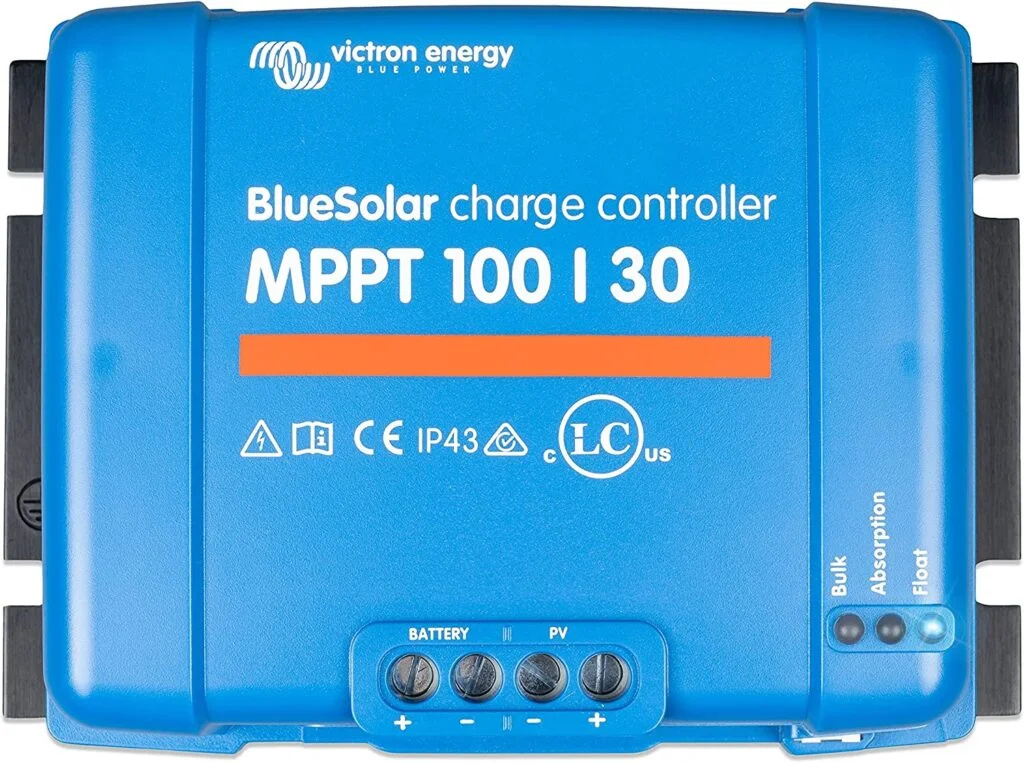
Victron Energy BlueSolar MPPT 100V 30 amp Solar Charge Controller
- 12/24v DC input voltage
- 360/720 input watts limit

Renogy 1000W Pure Sine Wave Inverter
- 12v DC input voltage
- 2000 watt surge wattage

Renogy 12V 200ah Rechargeable Deep Cycle Hybrid GEL Battery
- Maintenance Free & No Leakage
- Stable performance at high (140°F) and low (-4°F) temperature
- Less then 3% monthly discharge rate
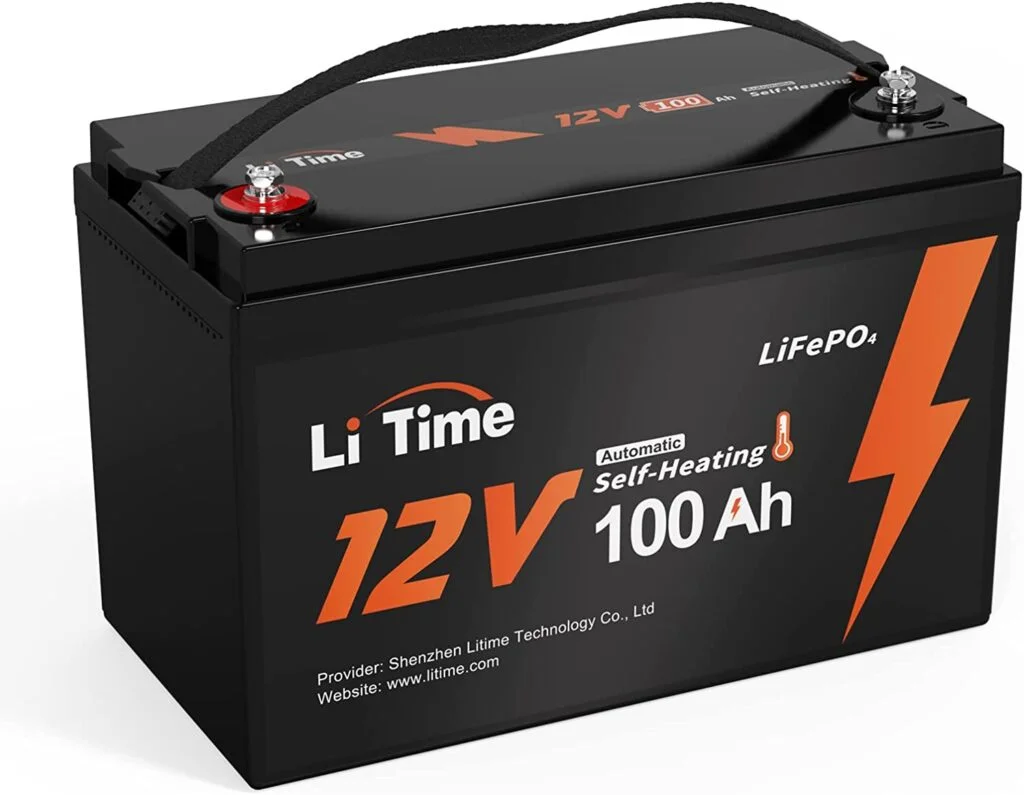
LiTime 12V 100Ah Self-Heating LiFePO4 Lithium Battery with 100A BMS Low Temperature Protection
- BMS low temperature protection
- 1280 usable watt-hours
Note: When you buy something through one of the links on our site, we may earn an affiliate commission, thanks
Solar panels convert sunlight into DC (direct current), which is stored in a battery. An inverter then converts the stored current into AC (alternating current) for running household appliances or a fridge.
Note: It's important to ensure that the surge wattage of your fridge and inverter match. An inverter's surge wattage is usually 2x its continuous wattage, but a fridge's surge wattage can be 3-4 times higher than its power consumption.
Check out my complete guide on what size inverter you need to run a fridge?
Conclusion
In conclusion, a 300 watt solar panel can theoretically run a standard-sized refrigerator, but several factors need to be considered. These include the type of refrigerator, climate and weather conditions, and the battery backup system.
FAQs
It depends on the power consumption of the refrigerator, but A 300 watt solar panel can run a mini/medium size RV refrigerator for a 24-hour period. but It depends on the factors like size of the refrigerator, climate, ambient temperature, and battery backup system.
A 300 watt solar panel can theoretically run a refrigerator for 24 hours, but several factors need to be considered, such as climate and weather conditions and the type of refrigerator.
A well-maintained 300 watt solar panel can last between 25 to 30 years.
The cost of installing a 300 watt solar panel can vary depending on your location and the installation company. On average, it can cost between $500 to $1000 per panel.
To power a small to medium-sized fridge using solar panels, you typically need one 300-watt solar panel. However, to run a larger kitchen fridge for 24 hours, you may need about two 300-watt solar panels
Yes, it's possible to run a refrigerator off the grid using a 300 watt solar panel, but it depends on several factors such as the size of the refrigerator, the efficiency of the solar panel, and the amount of sunlight available in your location.
Keep reading...
- How Long can a 50ah Battery Run A Fridge?
- How Long can a 200ah Battery Run A Fridge? (Let’s Test It Out!)
- What Size Solar Panel For Fridge?
"I hope this article was helpful to you, if you still have any queries contact us or LEAVE A COMMENT below. Thanks!"
